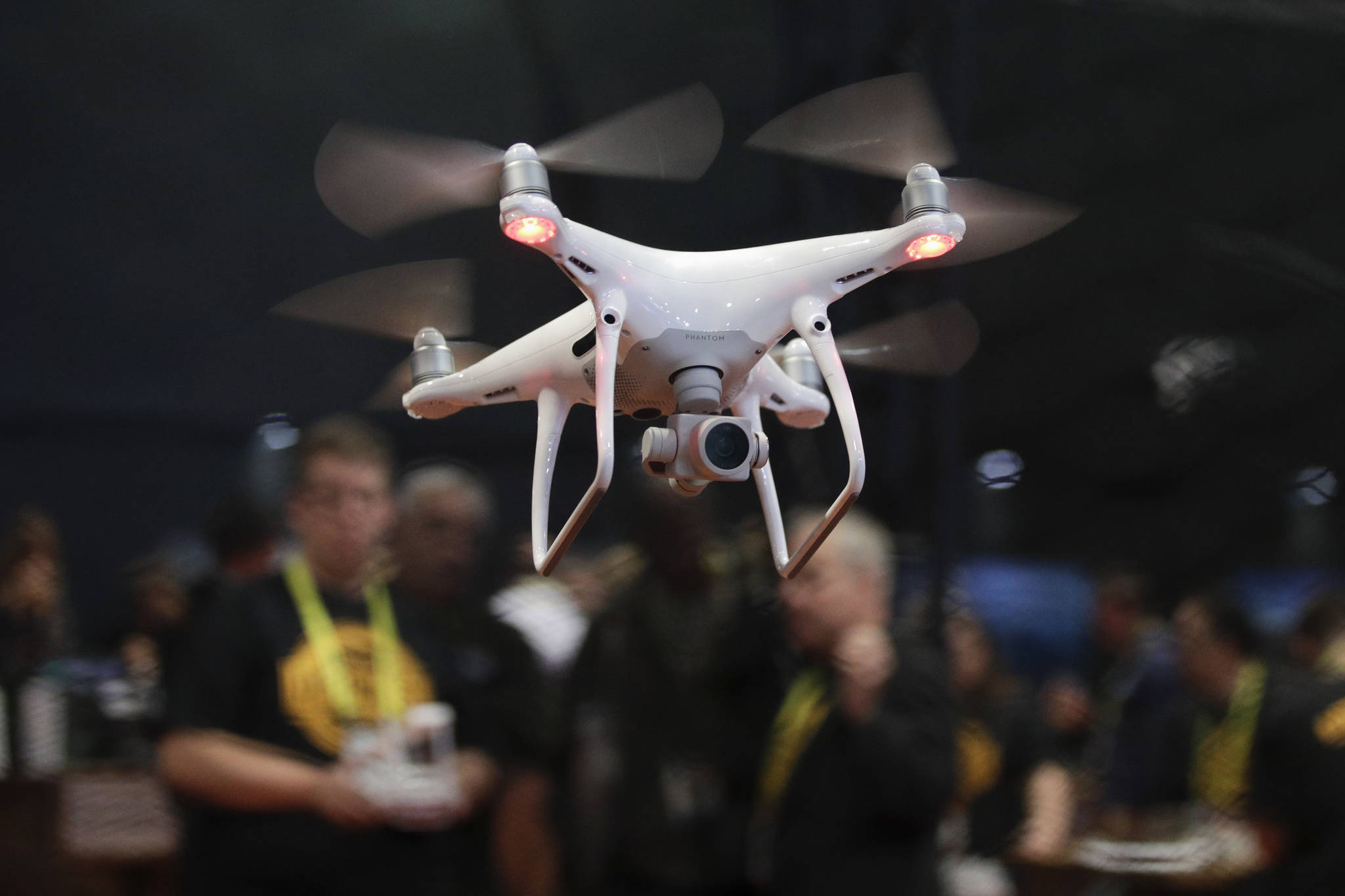BISMARCK, N.D. — U.S. Secretary of Transportation Elaine Chao on Wednesday announced 10 sites for a test program aimed at increasing the use of unmanned aircraft for projects that range from monitoring crops and oil pipelines in North Dakota to applying mosquito-killing treatments in Florida and package deliveries in Tennessee.
President Donald Trump signed a directive last year to establish the “innovation zones” that allow exemptions to some drone regulations, such as flying over people, nighttime flights and flights where the aircraft can’t be seen by the operator. States, communities and tribes selected to participate would devise their own trial programs in partnership with government and industry drone users.
“Data gathered from these pilot projects will form the basis of a new regulatory framework to safely integrate drones into our national airspace,” Chao said in a statement.
Chao, who called the rapidly developing drone industry the biggest development since the jet age, said about 150 applications were received. Selected were the Choctaw Nation of Oklahoma; the cities of San Diego, California, and Reno, Nevada; state transportation departments in North Dakota, North Carolina and Kansas; University of Alaska-Fairbanks; the Center for Innovative Technology in Virginia; Memphis-Shelby County Airport Authority in Memphis, Tennessee; and the Lee County Mosquito Control District in Fort Meyers, Florida.
The Grand Forks Air Force Base in North Dakota has an unmanned aircraft mission. North Dakota Lt. Gov. Brent Sanford said the program will spur more commercial investment and “allow us to explore new uses for unmanned aircraft.” He envisioned drones helping with oil field, flood and weather monitoring, and “finding missing persons.”
The unmanned aircraft industry has pushed for relaxed restrictions, and the Trump administration has said current regulations have limited drone use, forcing companies to test overseas.
Steven Bradbury, a lawyer for the federal Transportation Department, said drones have caused some “apprehension” with the public but one of the initiative’s biggest goals will be increased “community awareness and acceptance” of unmanned aircraft.
Bradbury said there is no direct federal funding for the test program.

